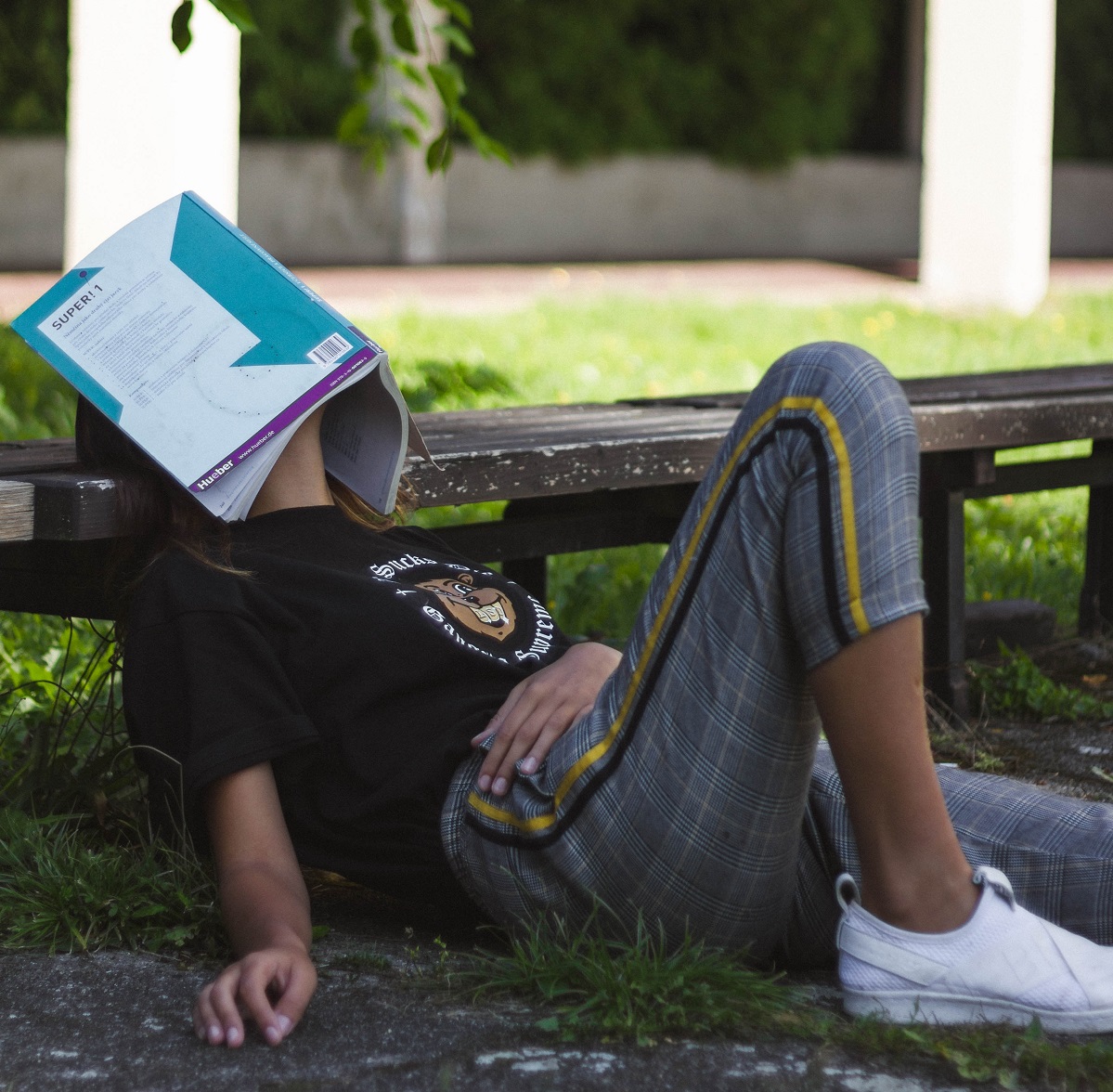A very well-known yet ignored fact is that sleep is one of the most important activities for a person. Through different stages of one’s life, the requirement of sleep, as well as the actual sleeping patterns, vary widely.
Especially in college, the idea of sleep is something that is often considered a far-fetched luxury by many students. With academics, extracurriculars, sports and a social life to manage, it is not at all surprising that students would find themselves left with very little time in a day, and what else could be the easiest way of getting those extra hours than compromising on sleep?
One of the worst things to do to get that extra time is to pass on sleep, which is the only vital requirement for optimum performance. With the plethora of school-related work to handle, most students stay up late in the night to live their social life and get that recreation that they all need. However, this perpetual sleep cycle of inadequate sleep causes physical and mental harm to the students, which is terribly overlooked and often attributes to stress and over-working.
Not getting enough Z’s can severely impede one’s cognitive functioning making the grasping and processing of information drop down by a huge factor. Not only this but a chronic lack of sleep may be accompanied by short temper, irritability, fatigue and a general feeling of dreariness which is made even worse by the quality of sleep students are getting nowadays.
Quantity and quality of sleep are two different things. A lot of hours being asleep doesn’t necessarily mean that the person is going to feel well-rested, because this depends on the quality of sleep. Students nowadays face the maximum screen time with their phones or laptops at night which directly blocks the body’s ability to produce Melatonin, which is the hormone created by the body to make one feel drowsy and help in enhancing the quality of sleep. Since the body’s natural sleep potion is missing right when required, a forceful induction of sleep due to fatigue and tiredness is something that would feel right before going to bed but certainly not after.
So, keeping all these points in mind, what could students do to ensure they get enough GOOD QUALITY sleep? Here are a few universal rules to guarantee a good night’s sleep:
- Turn off all devices an hour before bedtime
- Keep the lights low in the bedroom for a while before it’s time to sleep
- Stop all work 30 minutes prior to sleeping
These above are the golden rules of sound sleep which when applied can help a person feel great and perform better in day-to-day life.


















